Greater Manchester Police Museum
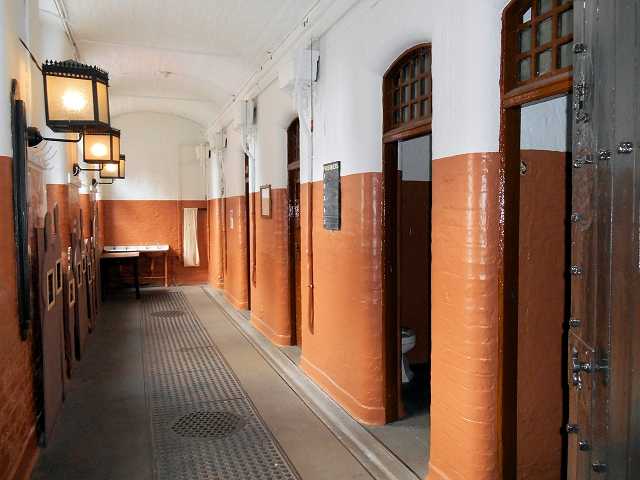
The Greater Manchester Police Museum & Archives offers a fascinating glimpse into the city’s law enforcement history, housed in a restored Victorian police station in Manchester’s Northern Quarter. Originally operational from 1879 to 1979, the building was transformed into a museum in 1981 and is now a Grade II listed site. Visitors can explore original cells, a fully restored charge office, and a courtroom, all brought to life with authentic artefacts, uniforms, and crime scene evidence. The museum’s collection spans over 200 years of policing, from the early days of the Manchester City Police to the formation of Greater Manchester Police. Knowledgeable volunteers, many of them retired officers, share first-hand stories and insights, making the experience both educational and engaging. Interactive exhibits and special events offer hands-on learning for all ages, including fingerprinting and mock investigations. Open to the public every Tuesday and available for group tours by appointment, the museum is a hidden gem for history buffs, families, and anyone curious about justice and community safety.
Manchester United KingdomGreater Manchester Police Museum is located at 57a Newton Street, Manchester M1 1ET, in the heart of the Northern Quarter, a vibrant district known for its independent shops, cafés, and street art. Housed in a former Victorian police station dating back to 1879, the museum offers a fascinating glimpse into the city’s policing history, complete with original cells, a charge office, and a reconstructed 1895 Magistrates Court. It is just a short walk from Piccadilly Gardens and Manchester Piccadilly railway station, making it easily accessible for visitors arriving by public transport. The surrounding area is lively, with nearby attractions including the bustling Market Street shopping district, the Manchester Art Gallery, and the lively Stevenson Square. The Northern Quarter’s unique blend of heritage and creativity provides an ideal backdrop for the museum, making it a must-visit for those interested in Manchester’s rich social and cultural history.
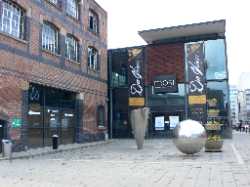 Science and Industry Museum
Manchester
Science and Industry Museum
Manchester
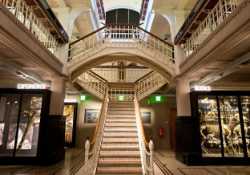 Manchester Museum
Manchester
Manchester Museum
Manchester
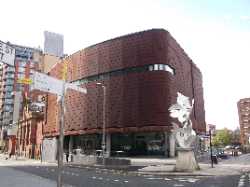 People’s History Museum
Manchester
People’s History Museum
Manchester
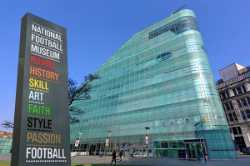 National Football Museum
Manchester
National Football Museum
Manchester
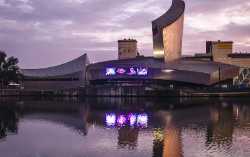 Imperial War Museum North
Manchester
Imperial War Museum North
Manchester
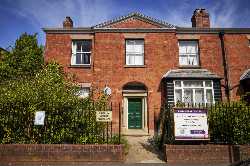 The Pankhurst Centre
Manchester
The Pankhurst Centre
Manchester
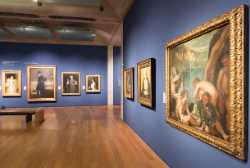 Manchester Art Gallery
Manchester
Manchester Art Gallery
Manchester
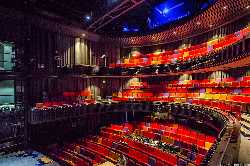 HOME Manchester
Manchester
HOME Manchester
Manchester
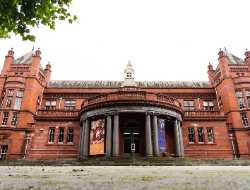 Whitworth Art Gallery
Manchester
Whitworth Art Gallery
Manchester
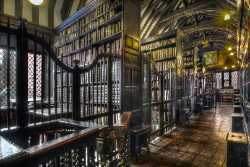 Chetham’s Library & Medieval Buildings
Manchester
Chetham’s Library & Medieval Buildings
Manchester
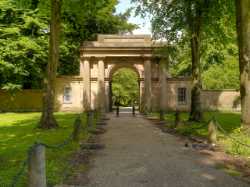 Heaton Park
Manchester
Heaton Park
Manchester
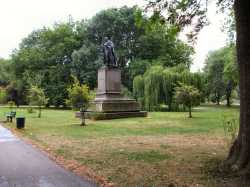 Whitworth Park
Manchester
Whitworth Park
Manchester
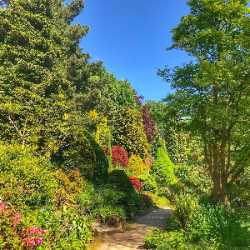 Fletcher Moss Botanical Garden
Manchester
Fletcher Moss Botanical Garden
Manchester
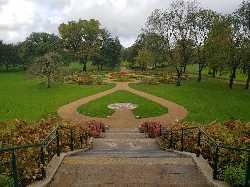 Peel Park
Manchester
Peel Park
Manchester
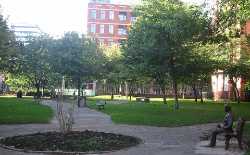 Sackville Gardens
Manchester
Sackville Gardens
Manchester
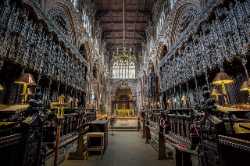 Manchester Cathedral
Manchester
Manchester Cathedral
Manchester
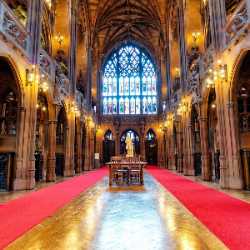 John Rylands Library
Manchester
John Rylands Library
Manchester
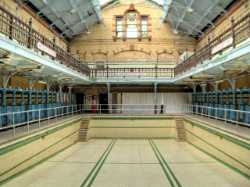 Victoria Baths
Manchester
Victoria Baths
Manchester
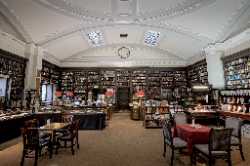 Portico Library
Manchester
Portico Library
Manchester
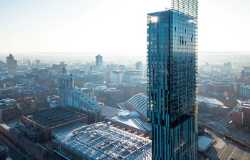 Beetham Tower
Manchester
Beetham Tower
Manchester
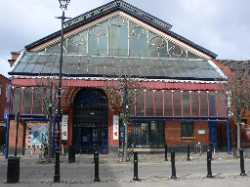 Manchester Craft and Design Centre
Manchester
Manchester Craft and Design Centre
Manchester
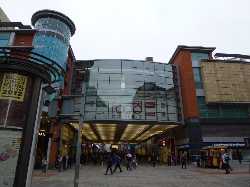 Arndale Market
Manchester
Arndale Market
Manchester
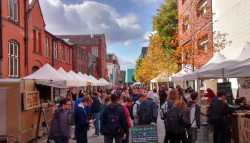 Levenshulme Market
Manchester
Levenshulme Market
Manchester
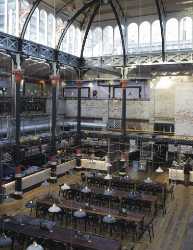 Mackie Mayor
Manchester
Mackie Mayor
Manchester
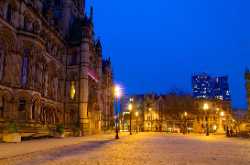 Albert Square
Manchester
Albert Square
Manchester
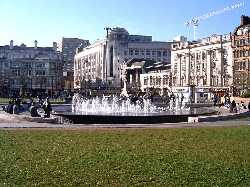 Piccadilly Gardens
Manchester
Piccadilly Gardens
Manchester
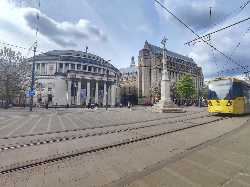 St. Peter’s Square
Manchester
St. Peter’s Square
Manchester
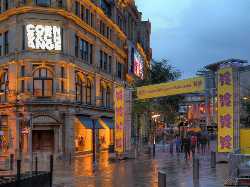 Exchange Square
Manchester
Exchange Square
Manchester
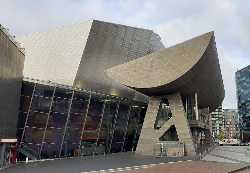 The Lowry
Manchester
The Lowry
Manchester
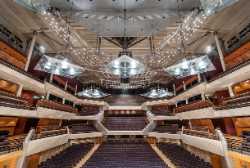 Bridgewater Hall
Manchester
Bridgewater Hall
Manchester
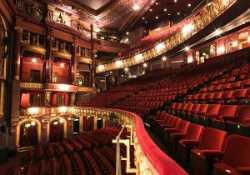 Palace Theatre
Manchester
Palace Theatre
Manchester
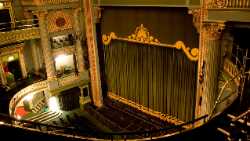 Opera House Manchester
Manchester
Opera House Manchester
Manchester
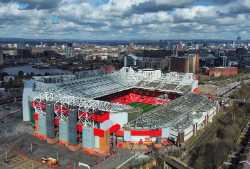 Old Trafford Stadium
Manchester
Old Trafford Stadium
Manchester
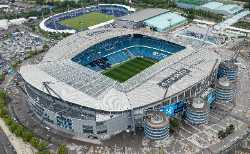 Etihad Stadium
Manchester
Etihad Stadium
Manchester
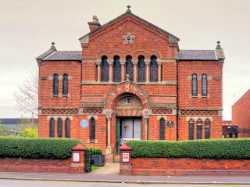 Manchester Jewish Museum
Manchester
Manchester Jewish Museum
Manchester
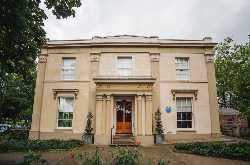 Elizabeth Gaskell’s House
Manchester
Elizabeth Gaskell’s House
Manchester
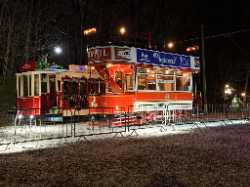 Heaton Park Tramway Transport Museum
Manchester
Heaton Park Tramway Transport Museum
Manchester
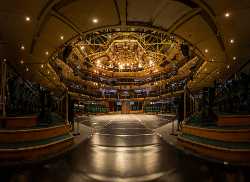 Royal Exchange Theatre
Manchester
Royal Exchange Theatre
Manchester
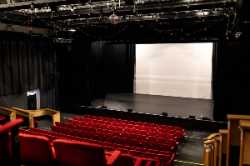 Contact Theatre
Manchester
Contact Theatre
Manchester
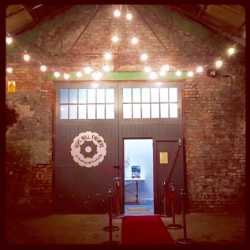 Hope Mill Theatre
Manchester
Hope Mill Theatre
Manchester
 Z-arts
Manchester
Z-arts
Manchester
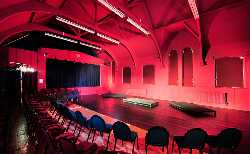 The Edge Theatre and Arts Centre
Manchester
The Edge Theatre and Arts Centre
Manchester
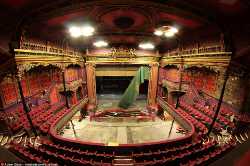 Hulme Hippodrome
Manchester
Hulme Hippodrome
Manchester
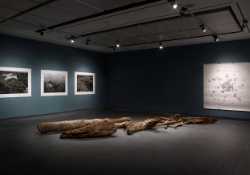 Esea contemporary
Manchester
Esea contemporary
Manchester
 Castlefield Gallery
Manchester
Castlefield Gallery
Manchester
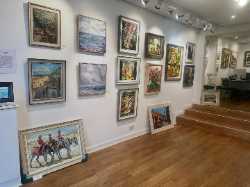 Contemporary Six
Manchester
Contemporary Six
Manchester
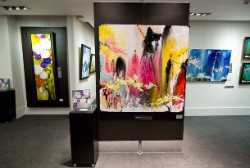 Whitewall Galleries
Manchester
Whitewall Galleries
Manchester
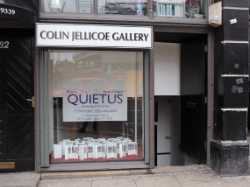 Colin Jellicoe Gallery
Manchester
Colin Jellicoe Gallery
Manchester
 Generation Gallery
Manchester
Generation Gallery
Manchester
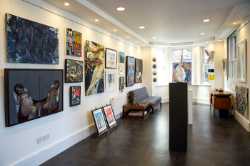 Saul Hay Gallery
Manchester
Saul Hay Gallery
Manchester
 Egoiste Gallery
Manchester
Egoiste Gallery
Manchester
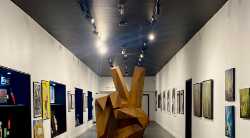 Smolensky Gallery
Manchester
Smolensky Gallery
Manchester
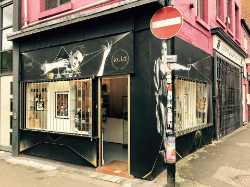 Kula Gallery
Manchester
Kula Gallery
Manchester
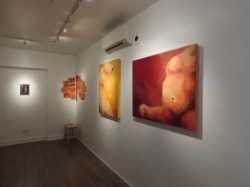 Saan1
Manchester
Saan1
Manchester